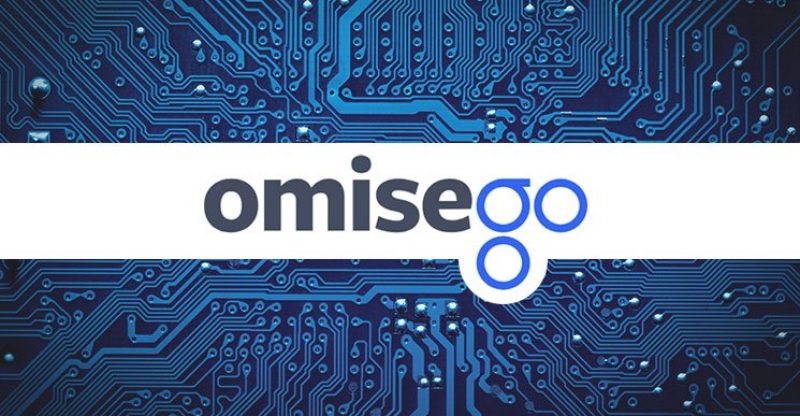New Listings On OmiseGo (OMG) Show Price Bucks Falling Trend
While other assets were in a bit of a slide raised by the launch of Zebpay trading, OmiseGo exploded by more than 20% overnight. In addition to that, assets profit from a larger exposure to the Asian market with a listing on Bithumb.
OMG increased by more than 23% to $20.42 and has been 35% up to a net in the past seven days and trading presents a slow increase but is nothing compared to the sudden unusual volumes.
OMG’s rise, which has been hushed in comparison to other coin’s performance, is caused by the new listings. Those brought an explosion in volumes, to an outright record, and the OMG price nearly went vertical in terms of BTC prices, within a short distance of its all-time high BTC record.
The aftermath of Bithumb on trading volumes was last seen in the Monaco (MCO) project, which specified a full trading record, however, not more than a few days prior to the listing, MCO slid by almost a third, and volumes returned to reasonable levels, getting a boost from the Bithumb activity.
Currently, the new exchange listings are not stirring OMG volumes, and Upbit takes over the majority of the movements, with more than 37% of all OMG market. This Ethereum token also has Binance as an active market.
OmiseGo is a project that does not depend on hype, but builds slowly, in anticipation of securing real-life fintech business. The OMG digital asset remains an Ethereum token and will not have its own blockchain, instead, it will use a form of side chains, or sharding, to settle transactions faster and serve the needs of real-time electronic payments.
The Bithumb trading launch, together with Kyber Network (KNC) will begin in a mere hour and will probably raise the price or lead to rapid sliding. For now, however, the news brings joy and the record volumes surpass the December and January peaks, which are a symbolic indicator that altcoin season has returned.
OMG is viewed as one of the promising digital assets, adequate enough to reach much higher price levels, but lags so far compared to more prominent Asian platforms such as NEO and QTUM.





